Showing 76-90 of 115 results
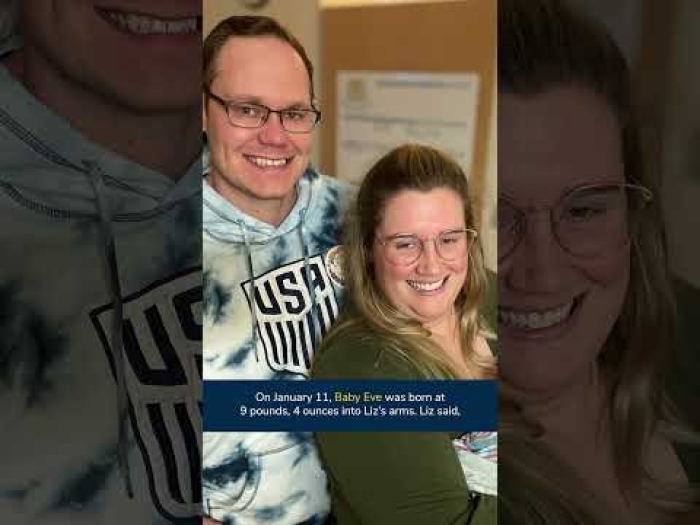
Health Lab
A Michigan Medicine nursing coworker becomes her new friend, and colleagues, surrogate.
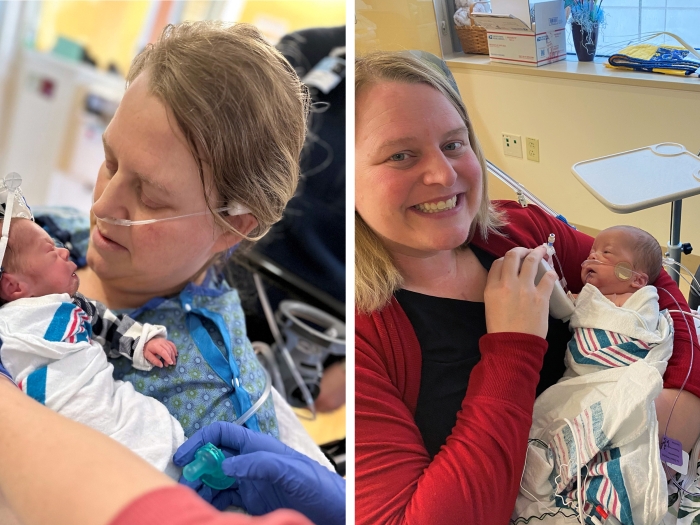
Health Lab
One mother balances between her severe aortic stenosis, her son in the NICU and her six kids
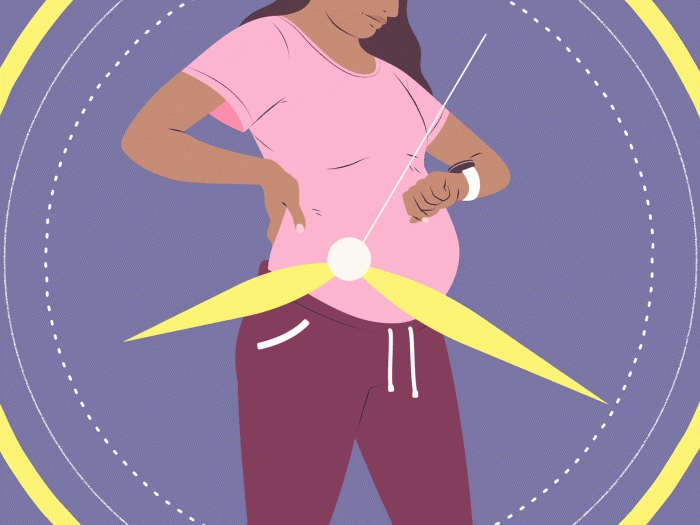
Health Lab
A new study suggests that inducing labor at 39 weeks for low-risk pregnancies may not reduce the risk of C-sections or improve outcomes.

News Release
Michigan Medicine’s efforts to advance leading edge women’s health research will get a boost from actress and Daytime Emmy Award winning host of LIVE with Kelly and Mark, Kelly Ripa.
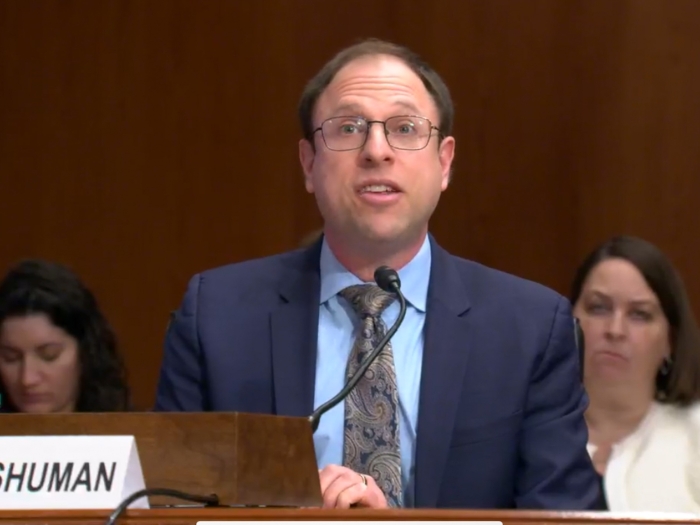
Health Lab
To combat critical drug shortages, a Michigan Medicine physician advocates for better solutions to the ongoing supply chain issues regarding medications in the United States.
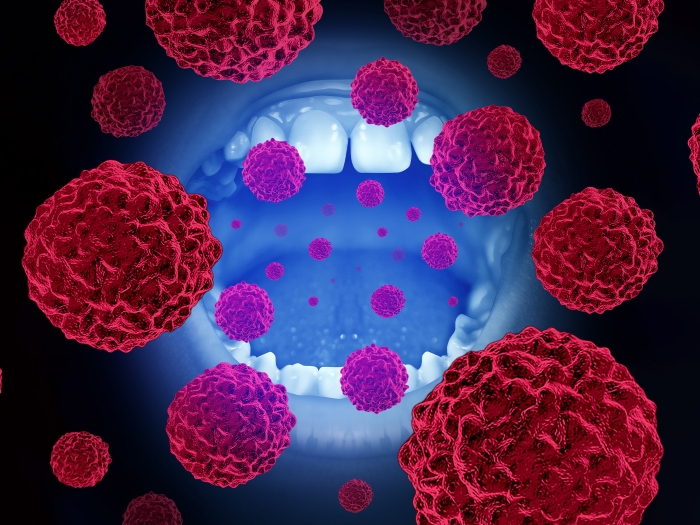
Health Lab
A team of Michigan Medicine researchers have identified a mechanism in mice for how obesity affects some oral cancers’ ability to escape from the immune system.
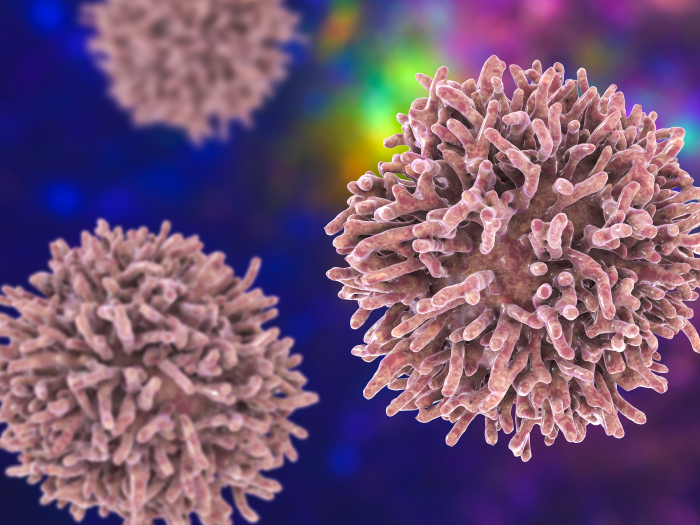
Health Lab
For thyroid cancer, experts examine the current state of overdiagnosis, new therapies, health equity concerns and more.
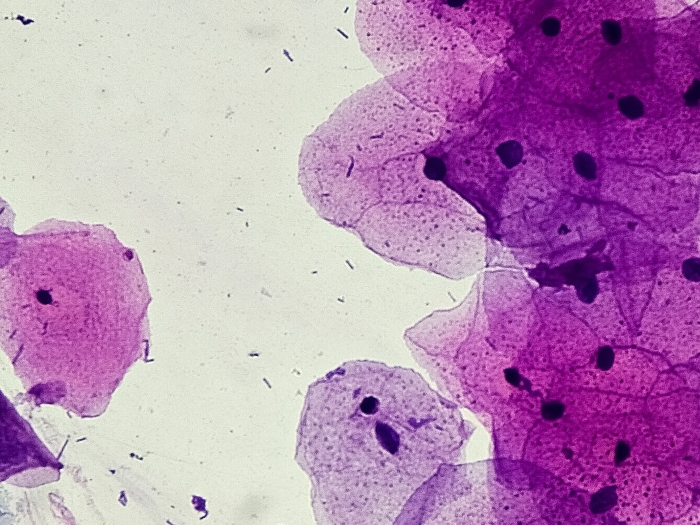
Health Lab
Researchers at Michigan Medicine have identified a new metric to articulate the relationship between nerve density and oral cancer. The study investigated normalized nerve density to translate previous mechanistic studies into a context that could be used in the clinic.

Health Lab
Financial toxicity of cancer impacts partners’ quality of life, with people reporting pain, fatigue and sleep issues tied to missed work and medical bills
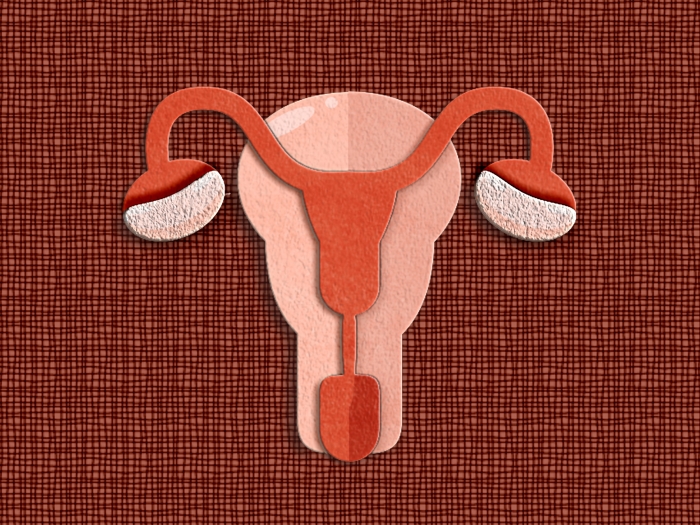
Health Lab
Mouse study at Michigan Medicine hints at specific brain receptor behind PCOS symptoms.
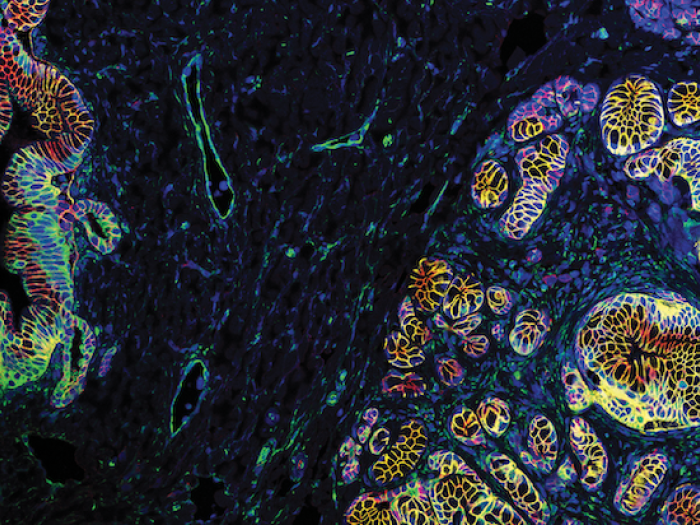
Health Lab
A research partnership has revealed a new pathway to understanding the progression of pancreatic cancer.
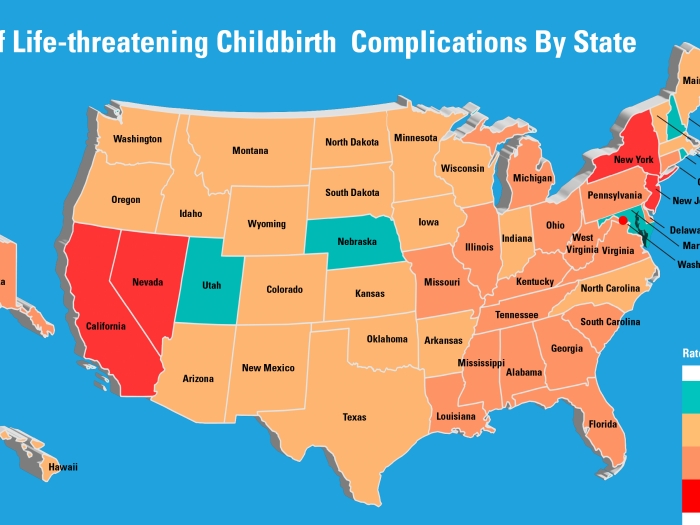
Health Lab
Research finds life-threatening birth experiences among Medicaid enrollees vary widely by state and race-ethnicity.
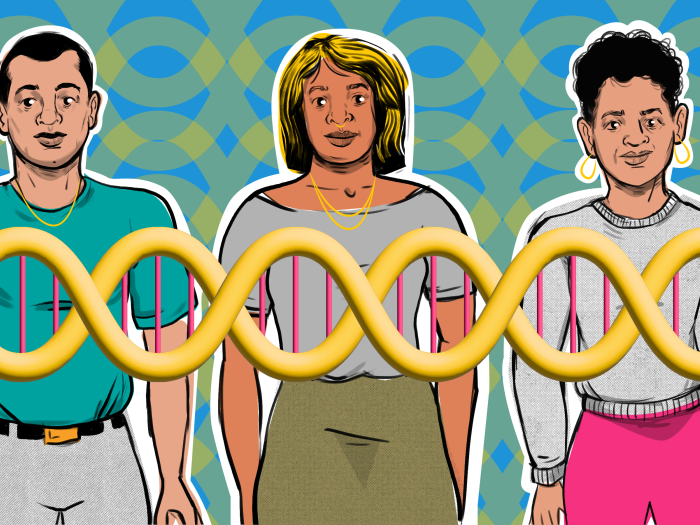
Health Lab
A variety of factors affect the barriers that patients with cancer foresee to undergoing genetic testing, researchers found, but the issues that motivate patients to actually follow through with genetic testing remain unclear.

Health Lab
Michigan Medicine researchers used microfluidic devices to track what happens to cancer cells as they migrate and take root in the brain.
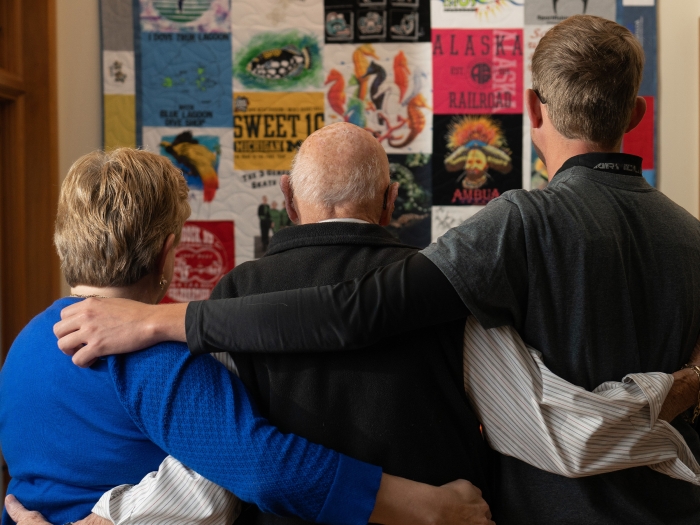
Health Lab
Genetic testing for hereditary conditions such as breast cancer can have implications for the whole family. Learn how genetic testing helped Cathleen Argyle and her family to uncover a rare mutation and how the Rogel Cancer Center provided advice and guidance throughout the process.